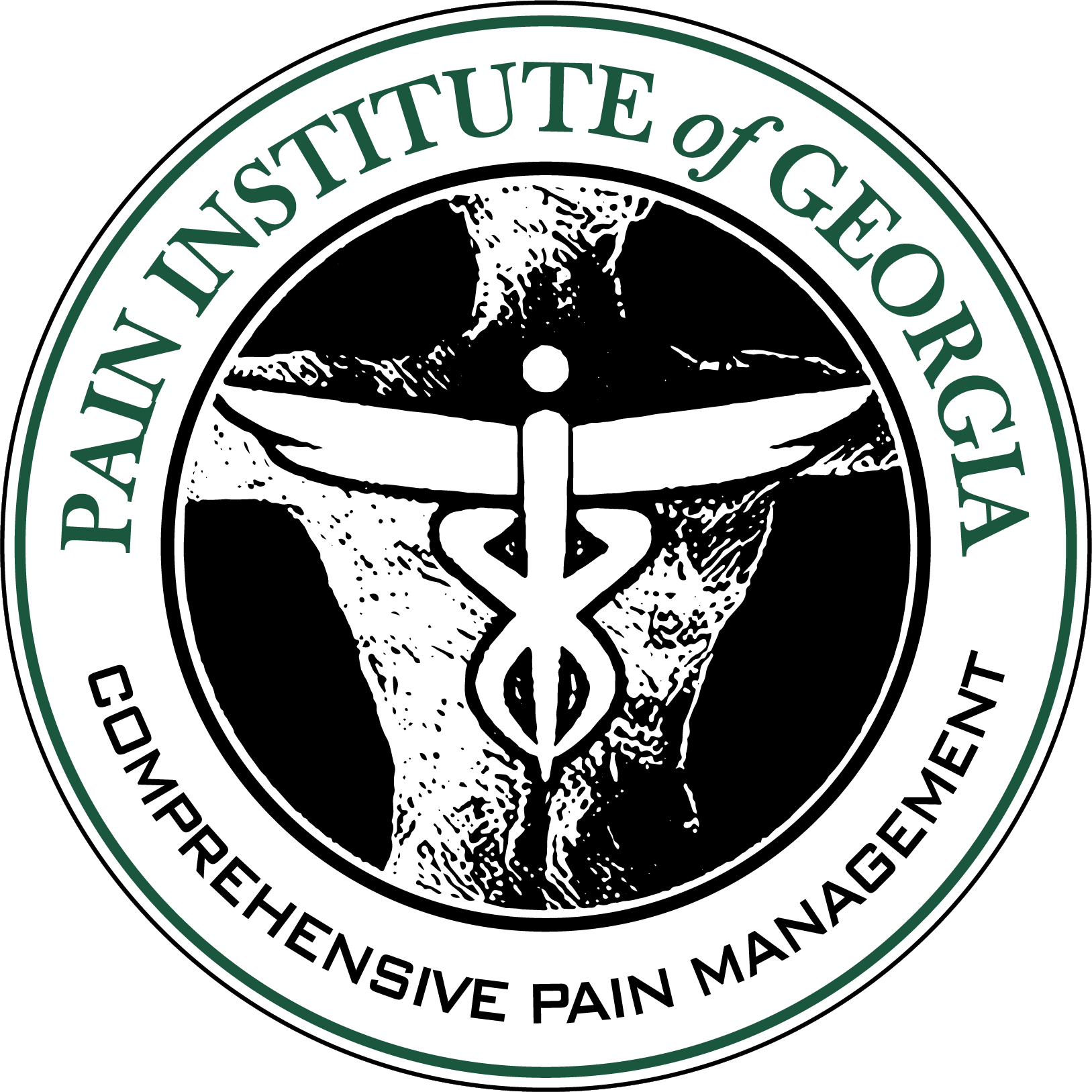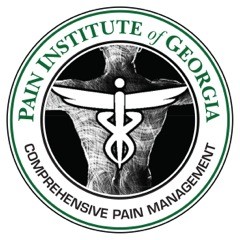
Radiofrequency Ablation (RFA) is an established procedure that is becoming an increasing popular option for those suffering from chronic neck and back pain. In this blog we will explore the role of RFA in the treatment of this type of pain and its benefits to patients.
Types of Neck and Back Pain
There are many types of neck and back pain, but the most common are neck pain, lower back pain, and upper back pain. RFA can be used to treat all of these types, as well as other types of chronic pain. RFA is a safe and effective procedure that can provide relief for those suffering from chronic neck and back pain.
Benefits of Radiofrequency Ablation (RFA)
RFA is a minimally invasive procedure that can provide relief for those suffering from chronic neck and back pain. It is a safe and effective procedure with few side effects. RFA can be performed at Pain Institute of Georgia in their on-site ambulatory sugerical center. The procedure does not require anesthesia. RFA is an effective treatment option for those who have not responded to other treatments.
Limitations of RFA
RFA is not a cure for chronic neck and back pain, but rather a treatment that can provide relief. It is important to note that RFA is not appropriate for all patients and that it may not be effective for all forms of chronic neck and back pain. RFA is a minimally invasive procedure that can provide relief for those suffering from chronic neck and back pain.
What Qualifies a Patient for RFA?
The physicians at Pain Institute of Georgia will make the determination about the patient’s candidcy for RFA. These include the source and location of the pain, the severity of the pain, the patient’s medical history, and other treatments that have been tried. RFA is a minimally invasive procedure with high success rate for treating chronic neck and back pain.
Follow Up Care Post RFA
Post RFA care is important to ensure the best possible outcome. Follow-up care may include physical therapy, regular check-ups, and pain management. It is important to follow the care plan prescribed by your doctor. Additionally, it is important to stay active and maintain a healthy lifestyle.

